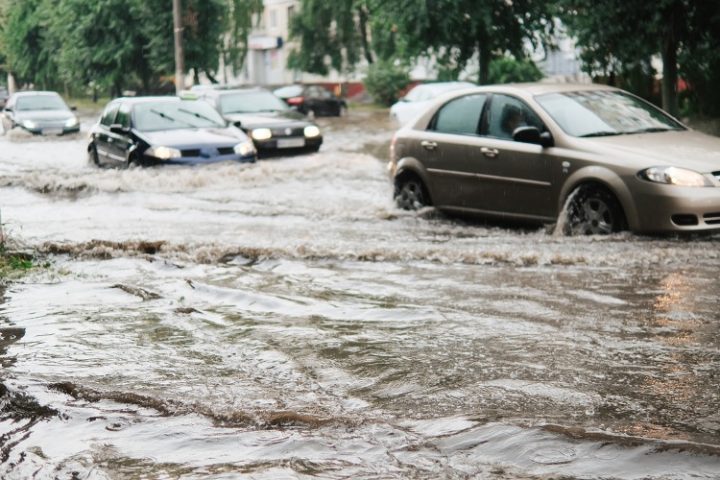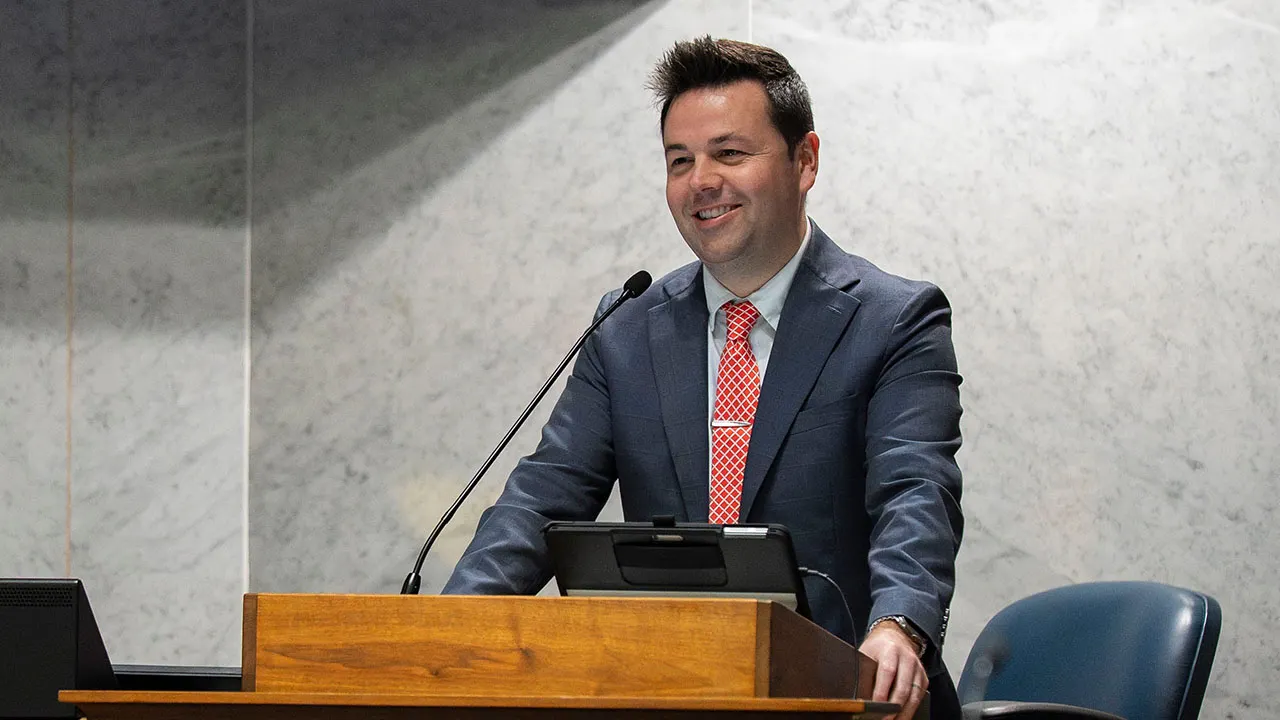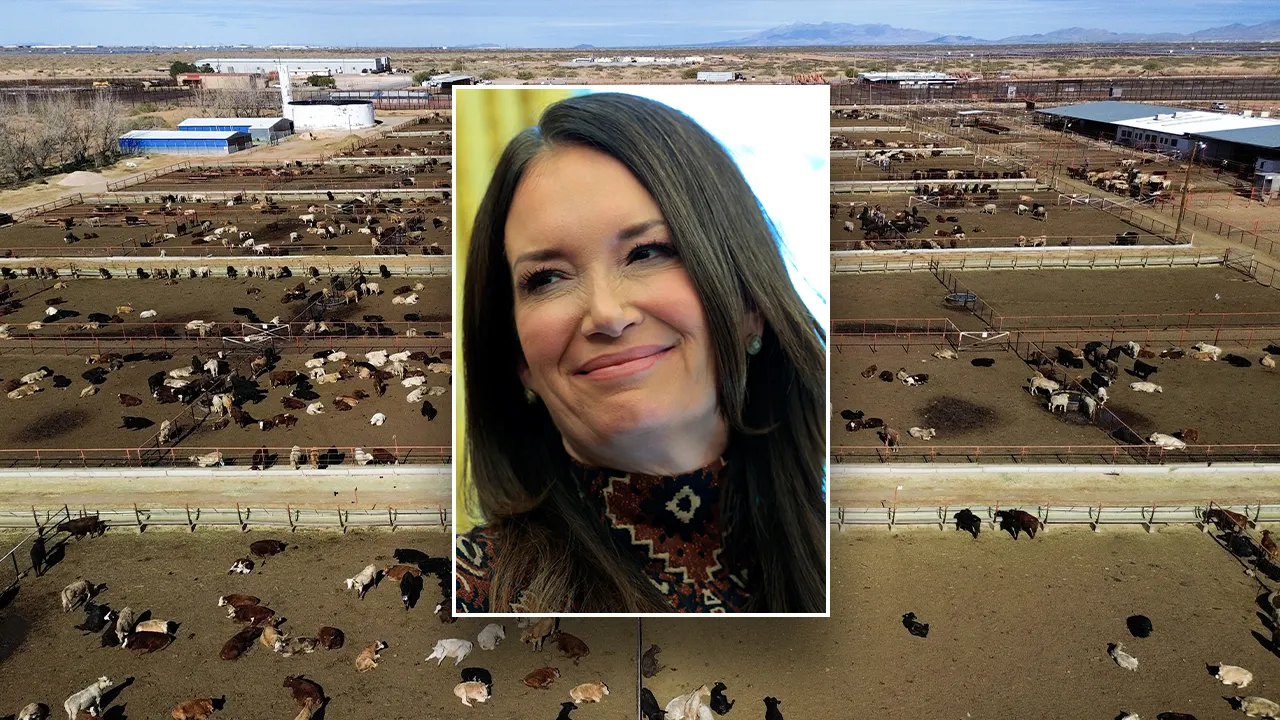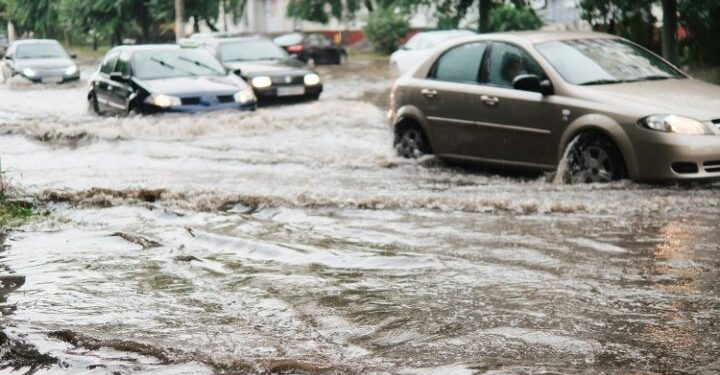
Politicians in Vermont are in the process of creating the state’s own climate superfund, which would have fossil-fuel companies pay for cleaning up floods and other natural disasters allegedly brought on by climate change.
Vermont’s “Climate Superfund Act” (S.259) is loosely modeled on the federal Environmental Protection Agency’s Comprehensive Environmental Response, Compensation, and Liability Act of 1980 (CERCLA), which is euphemistically called the “superfund.” CERCLA collects money from polluters deemed responsible for hazardous waste spills so that such sites can be cleaned up.
Vermont’s proposed “superfund” would, supposedly, follow that model.
“It’s essentially taking that model that’s well established in the hazardous waste context and adapting that to the latest and most pressing environmental crisis we all face, which is climate change,” said Anthony Iarrapino, a lobbyist for the Conservation Law Foundation.
Now, the Green Mountain State would like to set up its own version of a superfund with ExxonMobil and other fossil-fuel companies footing the bill. Maryland, Massachusetts, and New York are said to be considering similar legislation, but Vermont’s version is further along.
“In order to remedy the problems created by washed out roads, downed electrical wires, damaged crops and repeated flooding, the largest fossil fuel entities that have contributed to climate change should also contribute to fixing the problem that they caused,” said Democrat State Senator Nader Hashim on Friday.
Others piled on. “Since their beginnings, fossil fuel companies have externalized the cost of the damage that is caused by their product,” said Democrat State Senator Anne Watson.
“Who’s picking up the tab for the devastation caused by climate change? We are. Everyday Vermonters, my constituents and yours, are picking up the tab for property damage, for increased health care costs, lost crops, habitat destruction, and the list goes on,” Watson said.
“Big oil knew decades ago that their products would cause this damage. So it is only right that they pay a share of the cost to clean up this mess,” Watson, a co-sponsor of the legislation, has said.
Absent in Senator Hashim’s and Senator Watson’s screeds was any actual proof that fossil-fuel companies actually cause climate change.
The State Senate advanced the plan in a 21-5 vote on Friday, which saw several Republicans vote for the measure. Phil Scott, the state’s Republican governor, opposes the legislation on the grounds that the expected litigation costs for the state would be unwieldy.
“We’re a mosquito compared to a giant,” said Senator Randy Brock, a Republican who voted against the measure. “We might win, but the cost of doing so, alone, is huge. Exxon Mobil alone has an annual sales of $344.6 billion, and Vermont has an annual budget of about $8.5 billion.”
Meanwhile climate zealots heralded the legislature’s commitment to an attack against fossil-fuel companies.
“The Sierra Club applauds the Senate passage of S.259, The Vermont Climate Superfund Act,” said Robb Kidd of Vermont Sierra Club. “This is an important step moving forward to ensure Vermonters are not stuck picking up the tab for climate-related disasters. Coupling this measure with our work to advance clean transportation, reform the renewable energy standard, and transition to clean heating and sustainable housing we can build resilient communities.”
Much of the angst surrounding Vermont’s attempt to have fossil-fuel companies pay for flooding in the state comes after floods ravaged the state last July. The Winooski River overflowed in the state capital of Montpelier, leading to waste-high water in city streets. It was a mess to be sure, but can it be truly blamed on climate change?
Vermont has a long history of floods. The cities of the state are largely built in valleys, which have a tendency to collect water in times of heavy rain. The Great Vermont Flood of 1927 stands as the greatest natural disaster in state history, taking out nearly 1,300 bridges and thousands of homes. In 1869, a 30-hour October rainstorm caused Rockingham, Springfield, and St. Johnsbury to be flooded.
These events occurred long before today’s all-purpose bogeyman climate change could reasonably be blamed. Leftist politicians in Vermont are engaging in an attempted money grab from fossil-fuel companies, and it’s appalling.
Shop For Night Vision | See more…
Shop For Survival Gear | See more…
-
Sale!

Tactical Camo Nylon Body Armor Hunting Vest With Pouch
Original price was: $49.99.$39.99Current price is: $39.99. Select options This product has multiple variants. The options may be chosen on the product page

































 Reaction & Commentary
Reaction & Commentary














